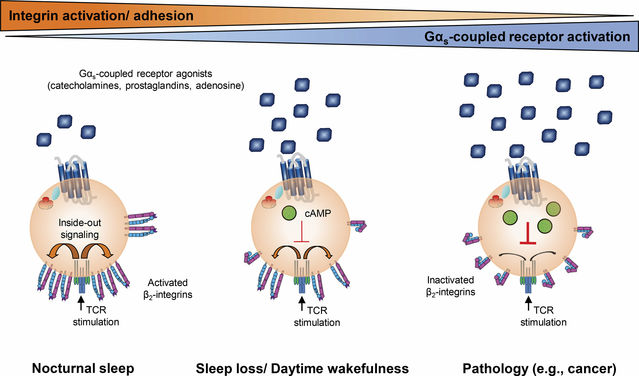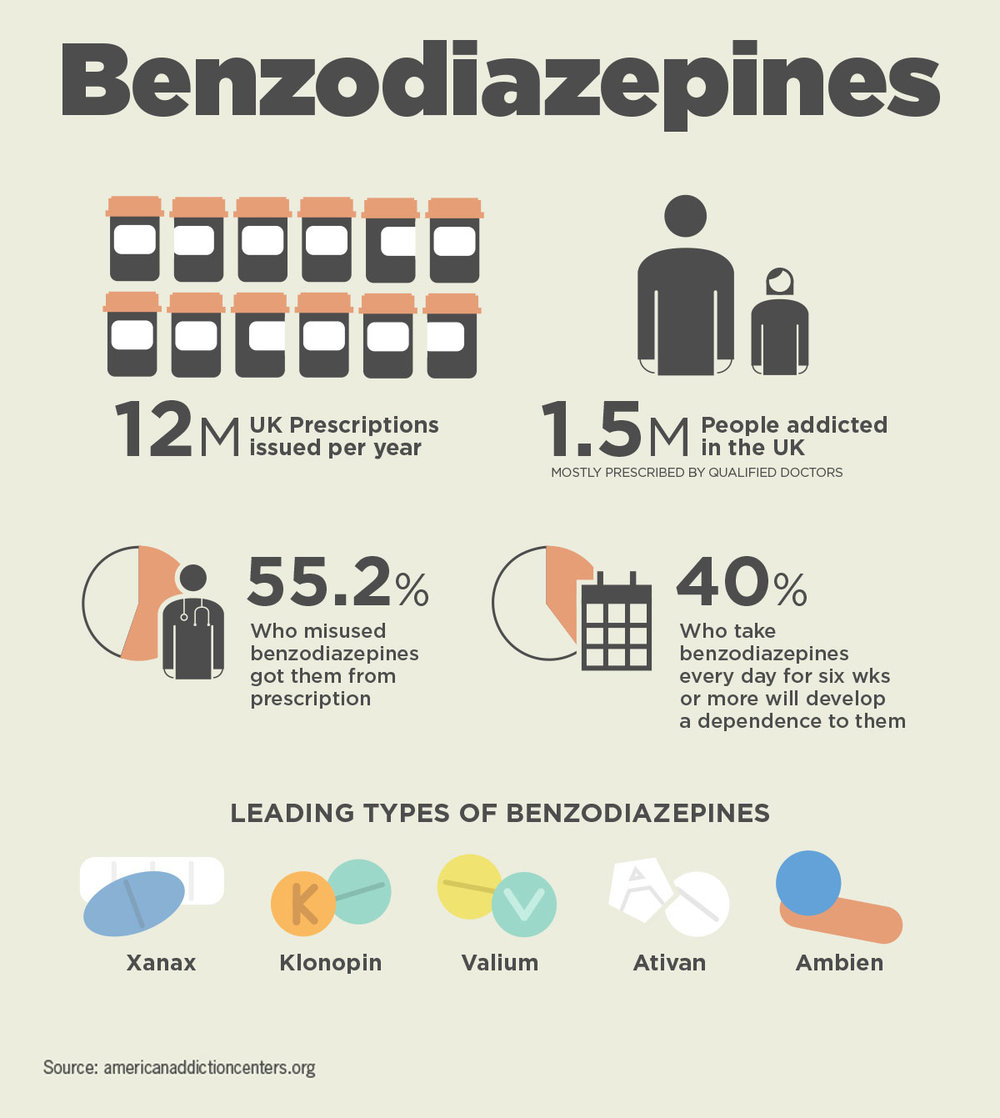Breaking News and Information – February 2019
Current News
The Minds of Men Interview Part 4: Dr. Breggin and a Brave Reporter Fight Psychosurgery Establishment
Religious beliefs decreasing among younger generations
Depression and self harm on the rise among Millennials
Benefits of practicing mindfulness
|
Open Mic Today on The Dr. Peter Breggin Hour, 4 PM NY Time
Growing up with green spaces can lower risk of adult mental illness
UK Report: One in Four Teen Suicides Involves Internet
Hypothesis for why Ritalin affects attention fails, scientists remain baffled
Ian’s thoughts: We’re led to believe that psychiatric drugs are like insulin for diabetics, supplying missing components and thereby restoring normal function and health. The truth is nothing of the sort, and this study is just another example that scientists are surprisingly clueless about the precise neurological mechanisms of psychiatric disorders and the chemical interventions used to modify them. A situation Dr. Breggin has been observing for decades and that remains steadfastly true to this day. |
The Film on mind control, The Minds of Men, passes 1.3 million viewers on YouTube
Mindfulness may help middle managers avoid burnout: study
Urban parks boost happiness: Study
Be yourself at work — It’s healthier and more productive
Anger and Happiness Can Be Contagious — Here’s How To Stop or Start The Spread
|
|
|
Institutional Corruption in the Cochrane Collaboration
Risk for PTSD and Major Depressive Disorder Increased With Mild Traumatic Brain Injury
|
Listen to Judith Orloff, MD on The Dr. Peter Breggin Hour, discussion of empathy and empaths
Study goes beyond correlation reporting evidence that exercise causes reduced depression risk
What Is Gratitude? What Difference Does It Make To Feel It?
Are teens getting high on social media? The surprising study seeking the pot-Instagram link
Psychological Interventions Can Help When Tapering Off Antidepressants
|
|
|
Oxford scientist refutes media mis-coverage and spin of their study
Ian’s thoughts: So lo and behold, the study actually found that men rated the pain of girls higher than the pain of boys, the endpoint media presented as what misogyny is not. But I guess any indication that men feel more empathy for females doesn’t fit with the “toxic masculinity” thesis, all the rage nowadays. The findings seem more compatible with Professor Fiamengo’s counter-thesis: “tonic masculinity.“ The dangers of taking MDMA when you’re on antidepressants
How mindfulness can help business leaders become more positive
Study: Antidepressants and the risk of traumatic brain injury in the elderly
How childhood infections and antibiotics may increase risks of mental illness
New Robotic Aid for Drug-free Depression Treatment
|
Alternative, Science-Based Guidelines for Psychological Practice with Boys and Men
New study highlights significance of resilience training
Loneliness Is Bad for Your Health. An App May Help.
Peer support, healing hands may curb prescription opioid misuse
Friendly texts tied to fewer suicide attempts in the military
|
|
|
Researchers study how mindfulness meditation affects students
Risk for Psychosis Linked With Childhood Trauma, Life Events, and Isolation
Keep calm and don’t carry on when parenting teens
Hormone therapy during gender transition may raise risk for heart attack, stroke, blood clots
Why scientists say experiencing awe can help you live your best life
|
Embracing the Beautiful Mess Effect Can Make Us Happier, According to Science
Breakthrough toward developing blood test for pain
Nursing Homes & Antipsychotic Medication Abuse
Reader’s Digest: 10 Best Supplements for Depression Worth Trying
|
|
Empathic Therapy Training Film – A Psychotherapy Training DVD |
The Conversation: The study of love proves a winning formula
Social media can improve lives post-disaster: study
Can you teach students to be happy? Colleges are trying
|
|
|
Meta-analysis finds asking patients about suicidal thoughts does not predict suicide
Sugar industry found high-sugar diet promotes heart disease and cancer and covered it up
Study: Radiation from smartphones may impair memory in teens
Brotherly Love? Study reveals why older siblings bully
|
|
|
What causes heart disease? How love affects heart health
The Potentially Fatal Side Effect of Taking Antidepressants
“The prevailing wisdom is that Cognitive Behavioral Therapy is the first-line treatment for insomnia”
|
|
|
Smoking cannabis in your teens IS linked to depression in later life
Too many older people given ‘antidepressants instead of therapy’
SSRI Antidepressant Drugs Interfere With Opioid Pain Relief
Man, 56, took his own life after starting new medication
New study analyzes how falling in love influences the immune system in women
|
New Study Pinpoints Why Sleep Is Often the Best Medicine
Does this Theory Hold the Secret to Healing America’s Division?
People taking antidepressants are more likely to experience severe intestinal bleeding
Study: Nursing homes underreported antipsychotic prescribing, but providers deny it
Elderly less likely to be offered talking therapy for depression
|
|
Talking Back To Ritalin, What Doctors Aren’t Telling You About Stimulants and ADHD, by Peter R Breggin, MD |
This Simple Practice Alleviates Loneliness & May Help You Live Longer
Association Between Ultraprocessed Food Consumption and Risk of Mortality
Benzodiazepines and Related Drugs Associated With Increased Pneumonia Risk
Happiness research: the long-term effects of life events are overestimated
|
Part 3 of Dr. Breggin’s Minds of Men series: Confronting Psychosurgery: From Racism to Totalitarianism
New study finds health benefits of being kind to oneself
The study says they used a mindfulness meditation “developed and recorded together with mindfulness teachers and eminent researchers with extensive expertise in mindfulness training.” Mindfulness meditation is taking science by storm with a steady stream of positive research results across a range of psychological endpoints. It seems we’re at the dawn of medical meditation — ancient wisdom distilled into scientifically validated psychotherapeutic modalities. |
|
|
Mum left with brain damage and memory loss after being given electric shock therapy
Sleep soundly and safely with these tips
Non-Pharmacological Interventions More Effective For Health in Schizophrenia
Nutritional Psychiatry: The Gut-Brain Connection
|
|
|
Terry Lynch, MD, interviewed on The Dr. Peter Breggin Hour
★ Mindfulness-based Cognitive Therapy helps patients stop taking antidepressants
|
|
|
Justin Bieber on Recovering From Xanax Abuse: ‘It Got Pretty Dark’
Antidepressant Overprescribing Appears Common in Elderly
Why students should not be forced to spend so much time sitting at desks
Walnut consumers tend to have lower prevalence of depression symptoms
Many grocery stores now carry ‘walnut milk’. It makes a great coffee creamer!
|
Why we studied the possible links between religion and happiness, health and civic engagement
Negative Social Media Behaviors Associated With Major Depressive Disorder
Antidepressants Can Interfere With Pain Relief Of Common Opioids
|
It’s ideology vs. science in psychology’s war on boys and men
This 10-Minute Exercise Equals 44 Minutes Of Sleep, New Study Finds
The Connection Between Sleep and Pain
Religious people are happier than those who don’t actively participate in a faith, study finds
Frequent Alert 82: Hear Terry Lynch MD on The Dr. Peter Breggin Hour Today
|
|
|
Twelve Scholars Respond to the APA’s New Guidelines for Treating Men and Boys
OSU study: Mindfulness can help weary entrepreneurs
Taking a vacation from Facebook boosts happiness, free time: study
Obesity-linked cancers on the rise in young adults
|
|
|
How My Toxic Stoicism Helped Me Cope with Brain Cancer
Alzheimer’s Q & A: Are meditation and yoga beneficial for Alzheimer’s caregivers?
Brain changes related to religion and spirituality could confer resilience to depression
Study: Religious and moral beliefs predict what foods people buy
Prior findings of ‘gender stereotype threat’ not replicated in new study
|
|
Talking Back To Ritalin, What Doctors Aren’t Telling You About Stimulants and ADHD, by Peter R Breggin, MD |
The Dr. Peter Breggin Hour – Jan 30, 2019
Can Becoming an Extravert Make an Introvert Happier?
Listening to the music you love makes your brain release more dopamine
Aerobic Exercise Improves Cognition, Even In Young Adults
Researchers Challenge Interpretation of Antidepressant Meta-analysis
Benzodiazepines: A new epidemic
How Long Does Antidepressant Withdrawal Last?
|
|
|
Why Mindfulness Might Be An Effective Treatment For Chronic Pain
Pew Research: Religion increases happiness, civic engagement and health worldwide
Persistent low body weight in young kids increases risk for anorexia nervosa later
★ Should we stop using ECT? No role of electroconvulsive therapy vs depression
|
|
Reclaiming Our Children – A Healing Plan for a Nation in Crisis, by Peter Breggin, MD |

















